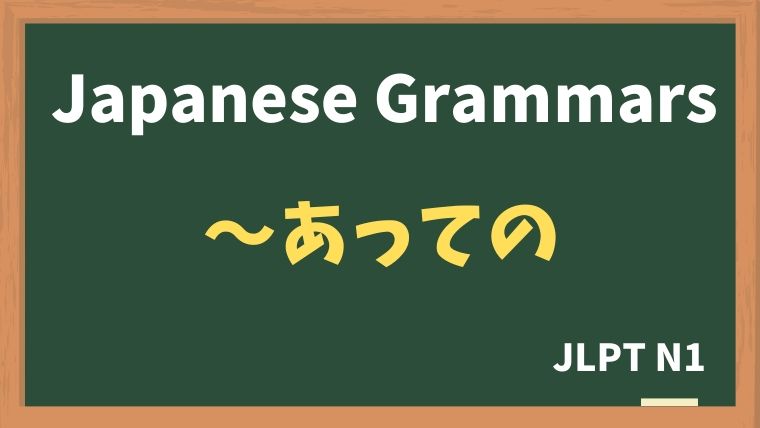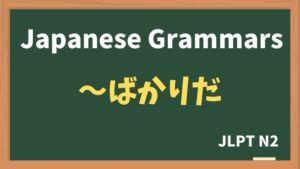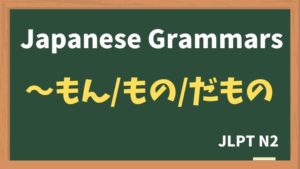
Explanation:〜あっての
fa-check-circleMeaning
"Xがある・いるからYがある / Xがある・いるからYが実現する"
Used to convey that something exists or is possible because of a certain condition, person, or situation. It highlights the importance of a specific factor, without which the main subject would not be viable. It carries the nuance of "owing to" or "thanks to," emphasizing that one thing is crucial for the other to exist or function.
fa-check-circleForm
V(dictionary form)+かたわら
N + のかたわら
fa-check-circlePoints
- Dependent Existence: The main point of "〜あっての" is to express that something is only possible because of something else.
- Gratitude/Recognition: Often implies appreciation or acknowledgment that the existence or success of something depends heavily on the factor mentioned.
- Formal Expression: It tends to be a bit formal and is commonly used in written language or polite speech.
fa-check-circleJLPT Level
N1
fa-check-circleNote
Cannot be used to express two actions that occur at the same time.
Sample sentenes
お客様あっての仕事ですから、いつもお客様には感謝しております。
Our business exists because of our customers, so we are always grateful to our customers.
学生あっての学校なので、いくら素晴らしい先生がいても学生がいなければ意味がない。
A school exists because of its students, so no matter how great the teachers are, it is meaningless without students.
健康あっての幸せです。
Happiness exists because of health.
私が一回でJLPT N1に合格できたのは、田中先生の指導あってのことです。
The reason I was able to pass the JLPT N1 on the first try is because of Mr. Tanaka's guidance.
愛あっての結婚生活でしょ。愛がなかったらいつまでも一緒に暮らせないよ。
A marriage exists because of love, right? If there is no love, you can't live together forever.
Vocabulary
| Japanese |
English | |
| 感謝する | かんしゃする | to appreciate / to thank |
| 指導 | しどう | guidance |






